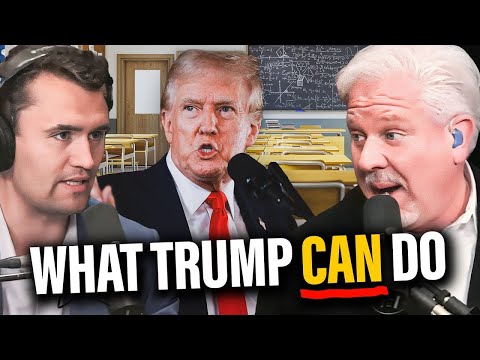**Tis the Season for Political Games: Congress and the Christmas Break**
As the holiday season rolls around, lawmakers in Washington are faced with some hefty decisions. It seems like Congress has made a habit of wrapping up critical legislation in massive omnibus bills, creating a tangled web that leaves lawmakers in tough districts grasping for votes while being forced to swallow some provisions that might not sit well with their constituents. Instead of revealing what they really stand for, they bend to the pressure of an all-or-nothing package. Thankfully, there’s a new push to split these critical votes into much smaller, manageable bills. This allows for transparency and accountability, keeping members of Congress from voting on things they usually wouldn’t support if given a proper choice.
Maybe it’s time for Congress to take a hard look at their priorities. After all, while Americans work around the clock—including nurses and EMTs making sacrifices during the holidays—the members of Congress might feel they deserve a little time off. But isn’t it their job to serve the people? As much as folks enjoy the holiday season, many believe that ensuring the right decisions are made for the future of the nation should take center stage. Before the Christmas lights twinkle and the holiday cookies are baked, there is work to be done.
One hot-button topic that has raised headlines is the impending debt ceiling debate. President Trump is keen on having a clean slate when he steps back into office. He doesn’t want to wade through the mess that Congress might bequeath him. The idea is to shrink the size of government instead of just adjusting the numbers on a balance sheet—something he believes is paramount for the future health of the economy. The question looms: does the executive branch have to spend every dime that Congress allocates? This certainly is an area ripe for discussion.
Trump isn’t the only player in this game. With the potential for the Supreme Court to weigh in on this existential question, there could be significant ramifications for how federal funding and spending are approached moving forward. The push is toward making Executive Branch leadership co-equal with Congress when it comes to spending decisions. After all, why should Congress keep stretching its power and dictating what should happen in the executive office without checks and balances?
Furthermore, ideologies clash when it comes to the ever-controversial Department of Education. Its existence has been challenged, especially given the agency’s role in federalizing education and imposing regulations that many argue overstep local authority. There’s a sentiment brewing among some lawmakers that the Department should be shut down altogether, merging its responsibilities with other agencies to eliminate redundancies. Whether funding for student loans should belong to the Department of Treasury instead of the Department of Education remains a talking point that garners both fire and fervor among conservative thinkers.
As members of the public, Republicans, and conservatives watching closely wonder if the government will find itself in an awkward tango, anticipation stirs. The holiday season is a time for joy, but it also offers an opportunity for the political machine to shift gears. The real question, as 2024 approaches, is whether Congress will step up to ensure the American people’s needs are met before time runs out on this legislative session—and if doing so means working through Christmas, so be it. After all, while many enjoy family gatherings, some might argue that the true spirit of the holiday is also about serving one another, and that certainly includes everyone, even those in Congress.



